 Paul Douglas
Paul Douglas
Time Period: World War II through the Faubus Era (1941 - 1967)
 Paul Douglas
Paul Douglas
 Paul Douglas's WWII Plane
Paul Douglas's WWII Plane
 Paul Douglas with His Plane
Paul Douglas with His Plane
Douglas, Paul Page, Jr.
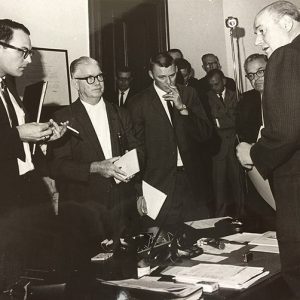 George Douthit, Winthrop Rockefeller
George Douthit, Winthrop Rockefeller
 George Douthit
George Douthit
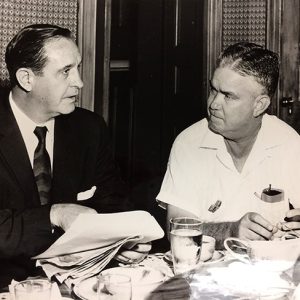 Faubus and Douthit
Faubus and Douthit
 Douthit Caricature
Douthit Caricature
Douthit, George Clinton
Dove v. Parham
Downs Historic District
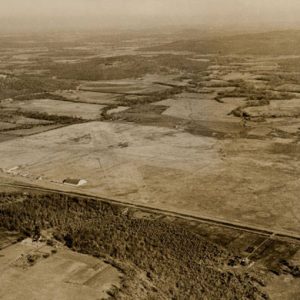 Drake Field
Drake Field
 Solly Drake Card
Solly Drake Card
Drake, Solomon Louis “Solly,” Jr.
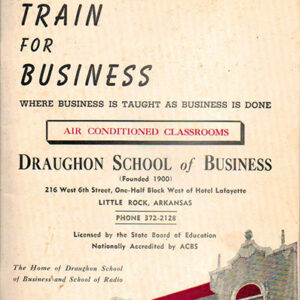 Draughon Catalog
Draughon Catalog
Dresbach, Beverley Githens
 Glenn W. Dresbach
Glenn W. Dresbach
Dresbach, Glenn Ward
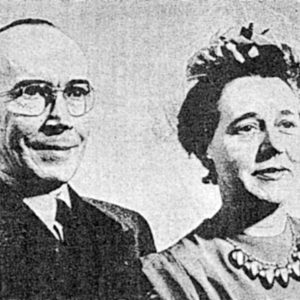 Glenn and Beverley Dresbach
Glenn and Beverley Dresbach
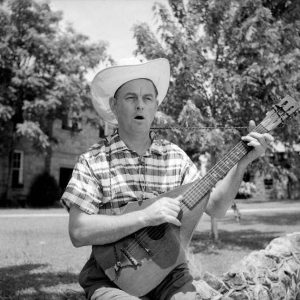 Jimmy Driftwood
Jimmy Driftwood
 Jimmy Driftwood
Jimmy Driftwood
 Dryden Pottery
Dryden Pottery
 Dryden Pottery
Dryden Pottery
Dryden Pottery
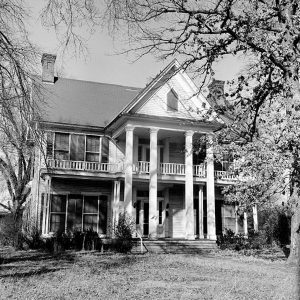 Du Bocage
Du Bocage
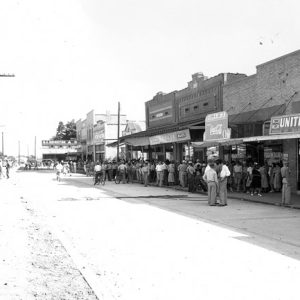 Dumas Street Scene
Dumas Street Scene
 Dumas Street Scene
Dumas Street Scene
Dumas, Henry
Dunaway, Edwin Eagle
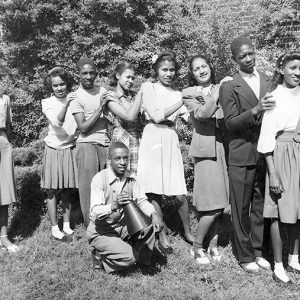 Dunbar High Pep Squad
Dunbar High Pep Squad
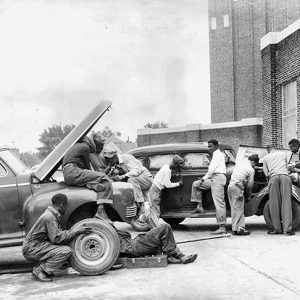 Dunbar High School Auto Mechanics Class
Dunbar High School Auto Mechanics Class
 Maud Duncan
Maud Duncan
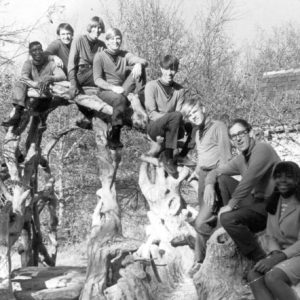 The Dutch Masters
The Dutch Masters
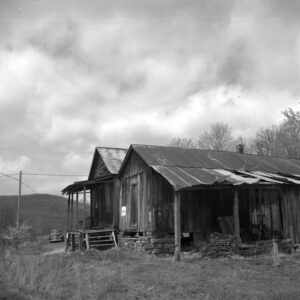 Dutton Store
Dutton Store
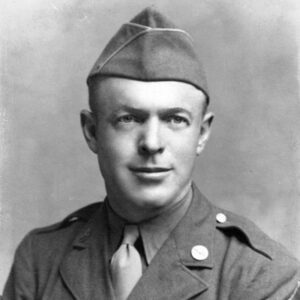 Leland Duvall
Leland Duvall
 Leland Duvall
Leland Duvall
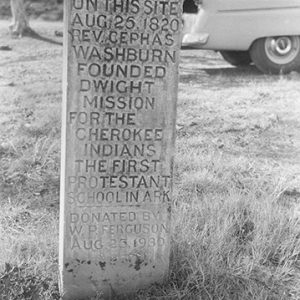 Dwight Mission Monument
Dwight Mission Monument
E. Fay and Gus Jones House
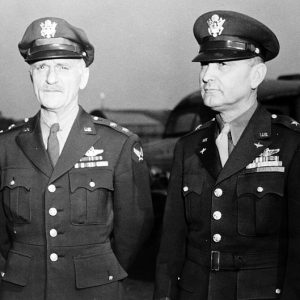 General Ira C. Eaker
General Ira C. Eaker
Eaker Air Force Base
aka: Blytheville Air Force Base
 Earl Kiech Cotton Gin
Earl Kiech Cotton Gin
 Earle Depot
Earle Depot
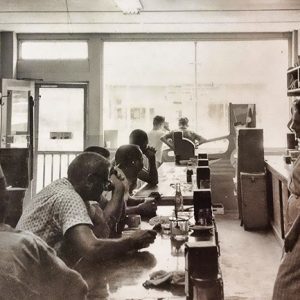 Earnheart Cafe in Batesville
Earnheart Cafe in Batesville
 Eckford Bench
Eckford Bench
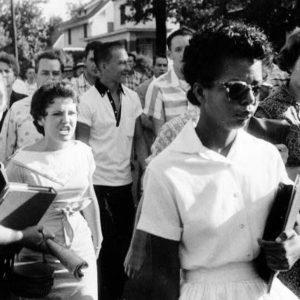 Elizabeth Eckford Denied Entrance to Central High
Elizabeth Eckford Denied Entrance to Central High
Eckford, Elizabeth Ann
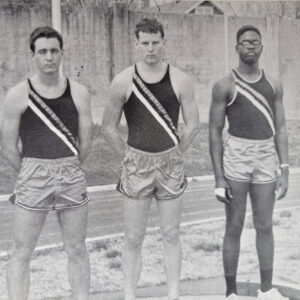 Ed Whitfield in High School
Ed Whitfield in High School
Edmondson Home and Improvement Company v. Harold E. Weaver
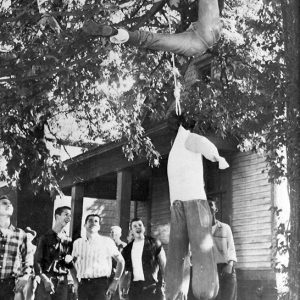 Effigy Hanging
Effigy Hanging
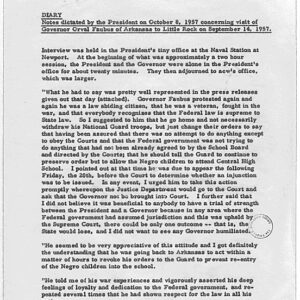 Dwight Eisenhower's Diary
Dwight Eisenhower's Diary




